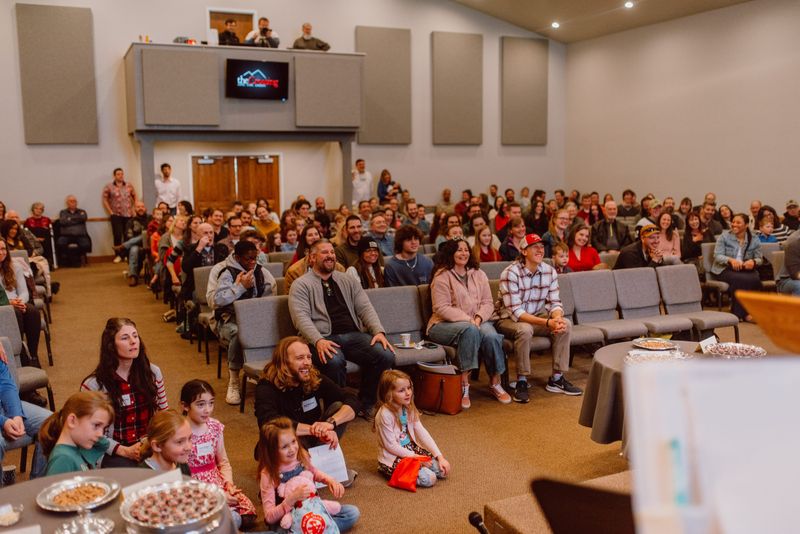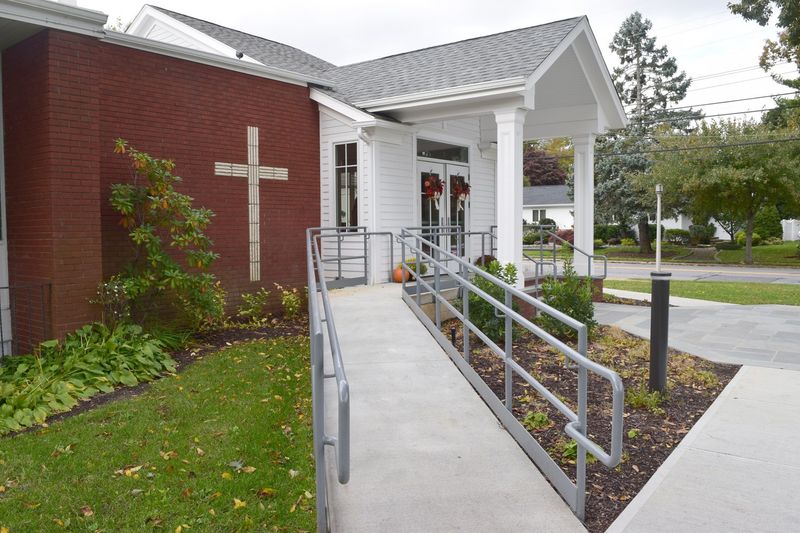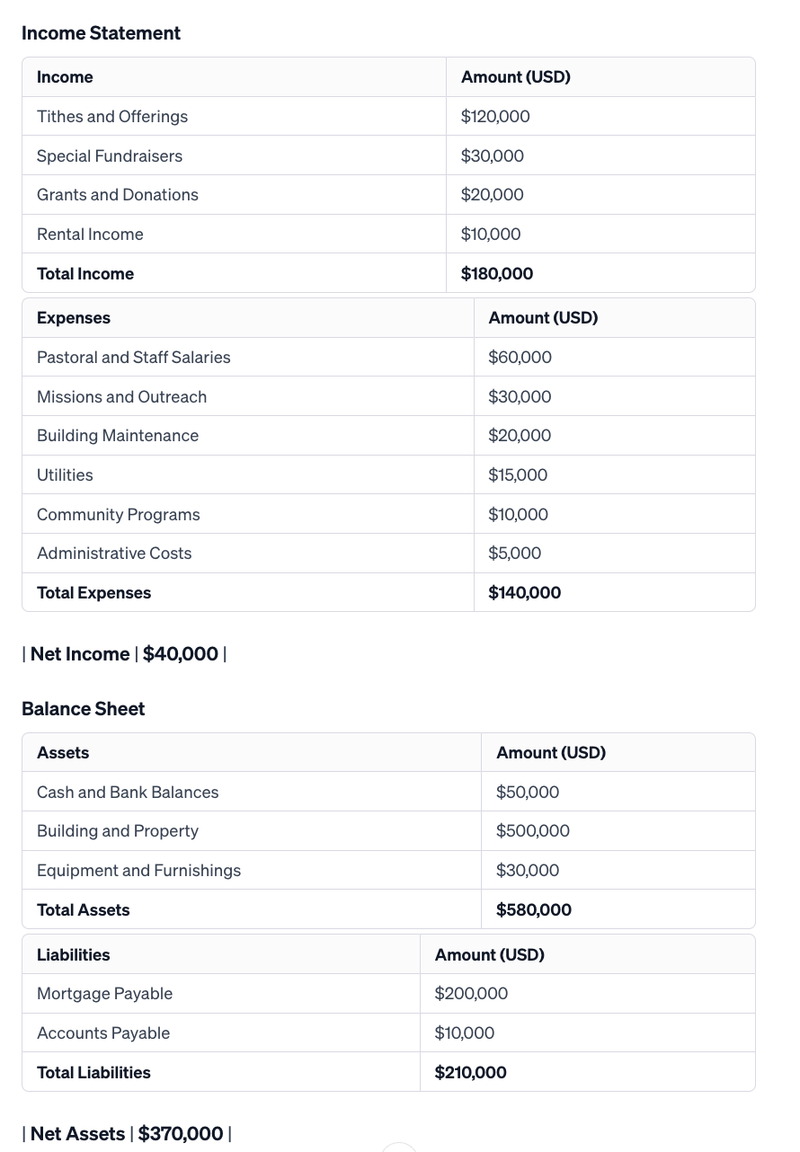When considering a new church, it’s important to reflect on various aspects that align with your values and spiritual needs. Asking the right questions can help you find a community that supports your faith journey, fosters growth, and cultivates meaningful relationships. Here are ten essential questions to guide your decision-making process.
1. Doctrine and Beliefs

What are the church’s core beliefs? This question is crucial, as it will help determine if the church’s doctrine aligns with your personal faith convictions. Engage with church leaders or members to understand their interpretation of essential theological issues.
Doctrine shapes the community’s collective practice and worship style. Consider how these beliefs impact daily life and community service.
A shared belief system can foster unity and purpose. Be open to asking detailed questions, ensuring clarity on fundamental topics such as salvation, grace, and scripture.
2. Worship Style

Does the worship style resonate with you? Some churches offer traditional hymns, while others embrace contemporary music. It’s important to find a place where you feel spiritually uplifted and connected during worship.
Attend a service to experience the atmosphere and see if it meets your expectations. Worship is a personal experience and should enhance your spiritual journey.
Consider how the music, prayer, and sermon delivery align with your preferences and explore different services to find the right fit.
3. Community Involvement

How does the church engage with the community? Community involvement often reflects a church’s commitment to living out its faith. Consider volunteering opportunities, outreach programs, and local partnerships.
A church actively involved in its community can offer various ways for you to contribute and grow. This question helps gauge the church’s dedication to social issues and support networks.
Explore whether the church’s community efforts align with your values and passions, ensuring your involvement will be meaningful and impactful.
4. Leadership and Governance

Who leads the church? Understanding the leadership structure is vital. Are decisions made collaboratively, or is there a hierarchical system? Knowing the leaders’ backgrounds and visions can offer insights into the church’s direction.
Leaders shape the church’s culture and mission. Consider their approachability, transparency, and communication with members.
Assess how leadership roles are filled and whether leaders are relatable and supportive. This question helps identify potential mentors or role models within the church community.
5. Youth and Family Programs

Are there programs for youth and families? Churches often provide activities, classes, and support for children, teens, and parents. These programs can play a significant role in family involvement and spiritual growth.
Consider the variety and quality of these services. Youth groups, Sunday schools, and family events can foster a sense of belonging.
Inquire about the church’s commitment to nurturing the next generation and supporting family dynamics, ensuring it aligns with your family’s needs and values.
6. Mission and Vision

What is the church’s mission and vision? A clear mission can guide your understanding of the church’s purpose and priorities. It reflects what the church aims to achieve and its role in the broader community.
Evaluate whether the mission aligns with your spiritual goals and aspirations. A compelling vision can inspire and unite congregants, providing a sense of direction.
Engage with members to learn how this mission influences church activities and growth, ensuring your values are in harmony with their objectives.
7. Inclusivity and Diversity

How inclusive and diverse is the church? Evaluate the church’s stance on inclusion regarding race, gender, age, and socioeconomic status. A diverse community can enrich your faith experience and offer broader perspectives.
Discuss with members how the church practices inclusivity in worship, leadership, and fellowship.
A commitment to diversity fosters a welcoming environment where all individuals feel valued and respected. Consider how this aligns with your personal values and experience within the community.
8. Facilities and Accessibility

Are the church facilities welcoming and accessible? Adequate facilities contribute to a comfortable worship experience. Consider accessibility for individuals with disabilities, parking convenience, and available amenities.
Tour the church to assess if the environment feels welcoming and well-maintained. Facilities should support the church’s activities, enhancing the overall experience.
Evaluate how the physical space accommodates various needs, ensuring it aligns with your expectations and those of your family or friends.
9. Financial Transparency

How transparent are the church’s finances? Financial transparency builds trust within the congregation. Inquire about how funds are allocated and managed, as well as opportunities for member feedback.
Understanding financial priorities can offer insights into the church’s values and commitments. Transparency promotes accountability and stewardship.
Evaluate the church’s financial practices, ensuring they align with your expectations for ethical management and contribution impacts.
10. Spiritual Growth Opportunities

What opportunities are there for spiritual growth? Look for Bible study groups, retreats, and discipleship programs. These activities can deepen your understanding and faith.
Engage with members to discover what growth resources are available and how they fit into your spiritual journey. A church that prioritizes spiritual development can offer significant personal enrichment.
Consider how these opportunities align with your goals, providing a path for continuous learning and connection with others.

